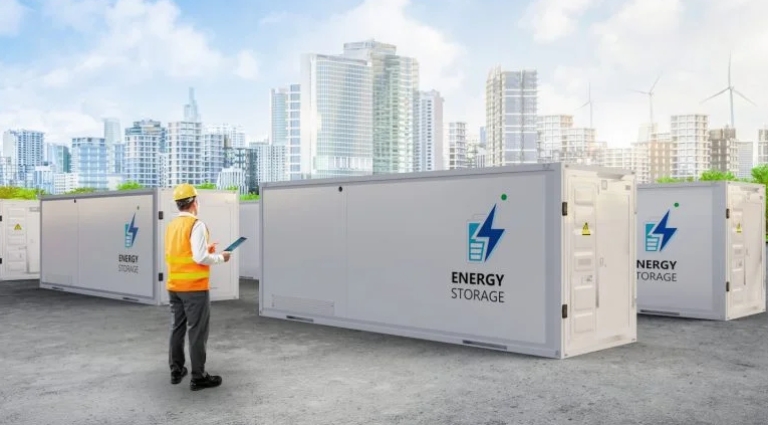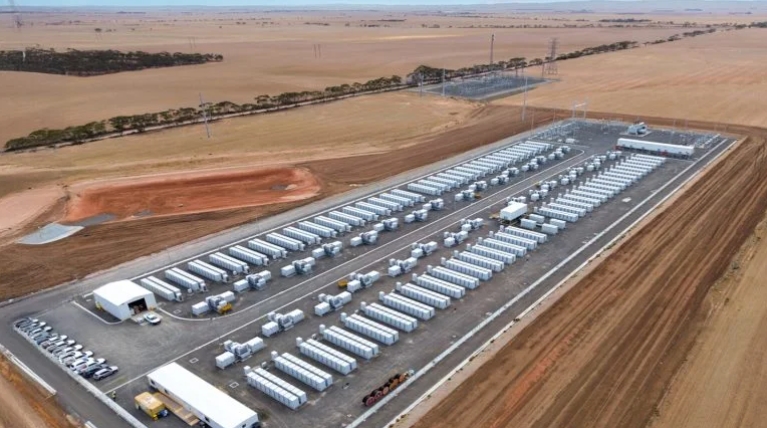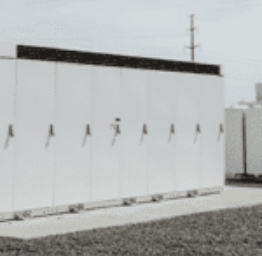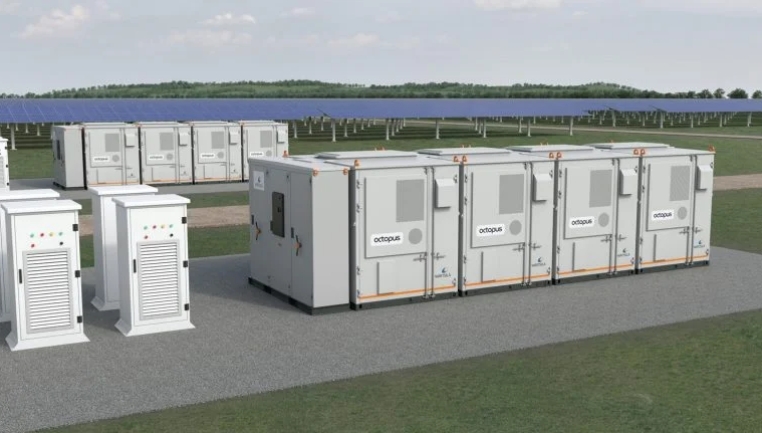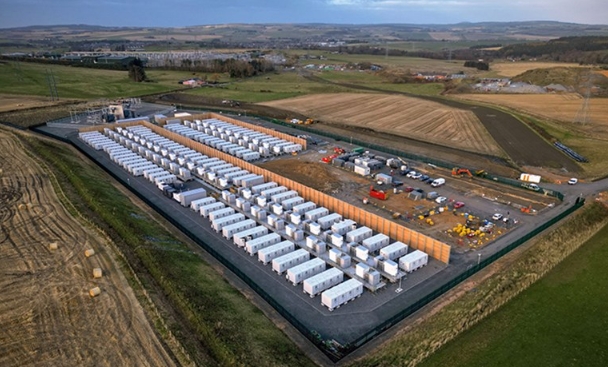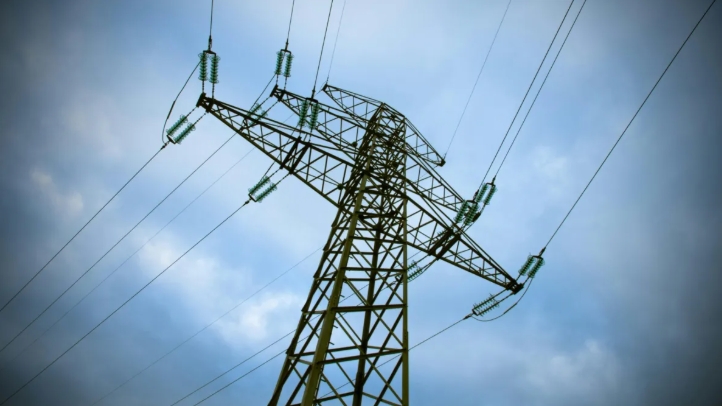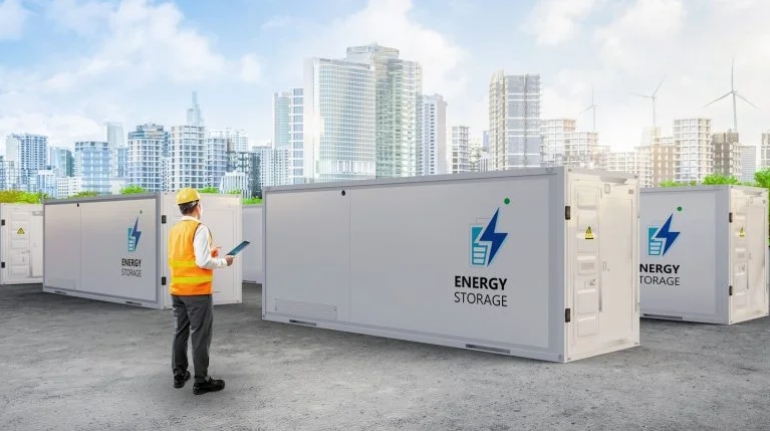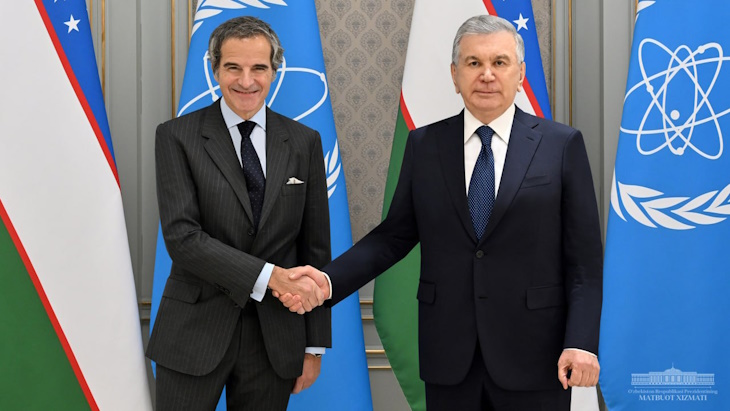
IAEA Director General Rafael Mariano Grossi and Mirziyoyev met ahead of the one-day Prospects for the Use of Nuclear Energy for Peaceful Purposes in Sustainable Development of the Organization of Islamic Cooperation (OIC) Member States conference on 5 December in Samarkand.
Uzbekistan has been a member of the IAEA for 30 years and has implemented more than 40 joint projects with the agency's technical assistance. Five such projects are currently under way, according to a statement from the Uzbek presidency.
Priorities for cooperation noted during the meeting included improving competence and potential of national agencies, preparing high-skilled personnel, and prospective projects in nuclear energy, agriculture, water use, healthcare and ecology in the framework of IAEA programmes, culminating in an agreement on adopting a joint roadmap on "expanding multidimensional cooperation in peaceful atom development", the presidency said.
According to World Nuclear Association information, Uzbekistan - which has considerable mineral deposits - is the world’s fifth-ranking uranium supplier. The country's generation is dominated by natural gas, which accounted for some 88% of its generation mix in 2021, and it also imports electricity from Tajikistan and Kyrgyzstan. Demand is expected to double by 2030.
Uzbekistan signed an agreement with Russia for the construction of two large-scale VVER pressurised water reactors in 2017, but infrastructure work has recently begun for the construction of a six-unit small modular reactor nuclear power plant to be built in the Jizzakh region, based on the 55 MW RITM-200N pressurised water reactor. This would be the first export order for the Russian design: the first land-based version is currently being built in Yakutia in Russia's Arctic North. Rosatom Director General Alexei Likhachev said earlier this year in a TV interview that proposals for building a large nuclear power plant of around 2.5 GW in Uzbekistan still stand.
In an address to the conference, Mirziyoyev said ensuring reliable, safe, cost-effective and ecologically friendly energy sources was one of the top priorities in the large-scale reforms carried out in "New Uzbekistan".
"We have established a National Agency to strengthen the regulatory and legal framework in this sector, adopted a Law on the Peaceful Use of Atomic Energy, a long-term Concept of Nuclear Power Development, and a strategy aimed at strengthening human resources in the field. We have introduced a system of training highly skilled specialists for the industry," he said.
"There is no doubt that the introduction of advanced nuclear power technologies will give a powerful impetus to the development of our country, create opportunities for new scientific and technical developments, and transitioning to an innovative economy."
The Memorandum of Understanding between Uzatom and World Nuclear Association signed during the conference sets out a range of activities in which cooperation may be pursued, including exchanging nuclear-related information, collaborating to bring together key decision-makers of countries developing nuclear energy, and raising awareness of each other's activities and objectives, among other things.
Uzatom's mission is to develop and implement state policies for the peaceful use of nuclear energy in Uzbekistan, including constructing and operating nuclear power facilities, advancing atomic science, ensuring safety, and promoting non-proliferation. World Nuclear Association is an international organisation representing the global nuclear industry, covering enterprises working throughout the entire nuclear fuel cycle in all continents.

